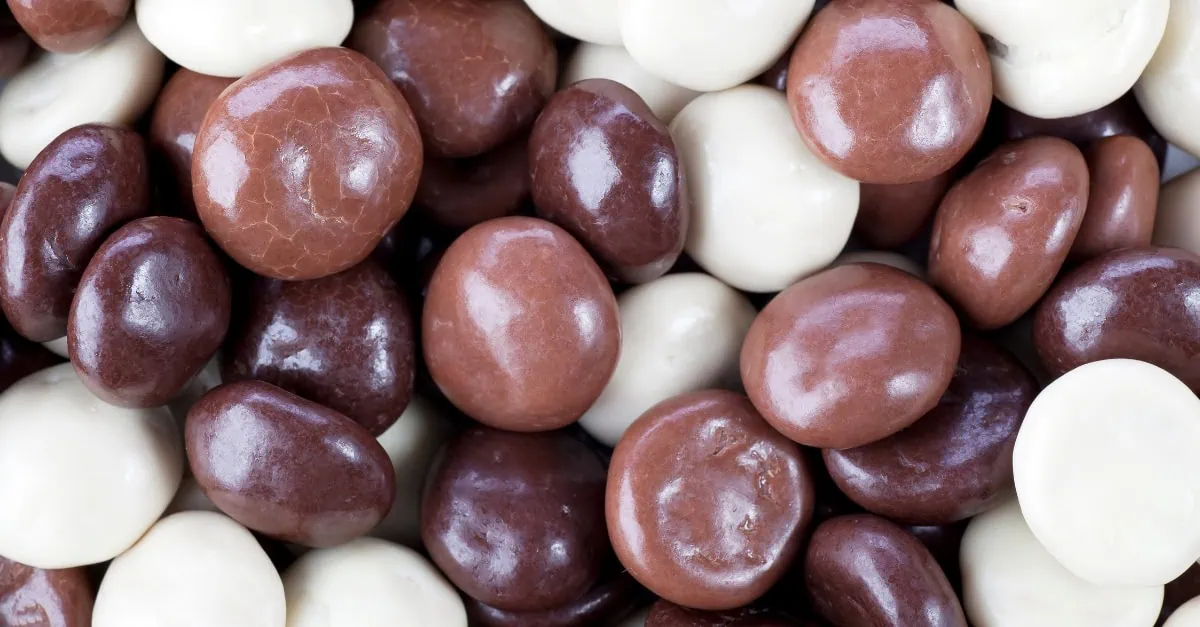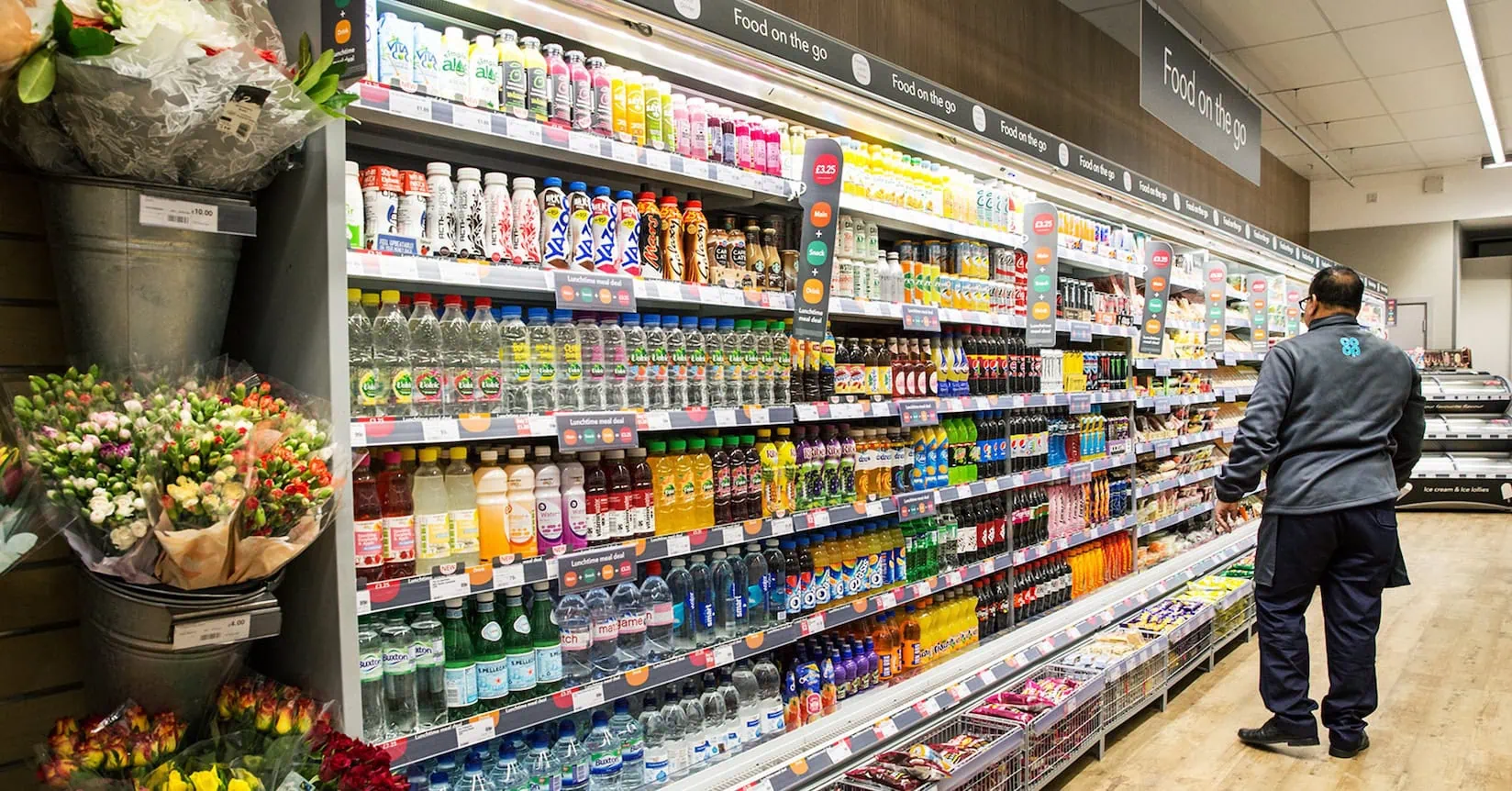The latest episode of the Strong Source Commodity Podcast is one you won’t want to miss! We sit down with Rob Gosman, former BP Global Commodity Head, to discuss the realities of trading, managing risk, and navigating one of the most volatile markets in the world. With a career spanning over 30 years, from Cargill to BP, Rob has witnessed firsthand the evolution of global commodity trading.
In this episode, he shares insights on how technology and data have reshaped the trading landscape, the biggest challenges of managing risk in volatile markets, and what it takes to build a successful career in commodity trading.
What makes a great trader in today’s markets?
Hunger, enthusiasm, and adaptability are key. I always say that mistakes aren’t really mistakes if you learn from them—they’re investments in your future. The best traders are those who can process information quickly and adjust their strategy as needed. That means constantly analyzing trends, staying ahead of market shifts, and having the courage to take calculated risks. It also requires emotional resilience—trading is not for the faint-hearted, and you need to be able to handle losses without letting them define you.
How has trading changed with the rise of data and technology?
Trading today is almost unrecognizable compared to when I started. The shift from manually tracking supply and demand in spreadsheets to leveraging real-time analytics has been a game-changer. Now, traders have access to a vast array of tools that provide instant market insights, AI-driven models that predict price movements, and automated systems that execute trades faster than any human ever could. However, the fundamental skill of interpreting data remains crucial—technology is an enabler, not a replacement for a trader’s instincts and experience.
What’s the biggest difference between oil majors and trading houses?
Historically, oil majors like BP and Shell have relied on physical assets, while trading houses like Vitol and Trafigura have specialized in derivatives. However, these lines are blurring as trading houses invest in infrastructure and oil majors become more agile in derivatives markets. The key difference is still the approach—oil majors optimize refinery operations and supply chains, while trading houses thrive on arbitrage opportunities and speculative positions. But with globalization, access to better data, and evolving regulations, the competitive landscape has changed significantly.
You mentioned managing risk—how do you prepare for extreme market events?
You have to be ready for anything. The 2020 oil crash was a perfect example. Our team had to stay calm, communicate clearly, and adapt quickly. Having strong risk management frameworks in place makes all the difference in volatile times. At BP, we developed detailed contingency plans for different scenarios, ensuring we had clear stop-loss levels and diversified strategies. Understanding that black swan events will happen is key—it’s about knowing how to react and not getting caught in emotional decision-making when chaos hits
🎧 Tune in to the latest episode of the Strong Source Commodity Podcast and hear Rob Gosman’s full journey and insights firsthand!



